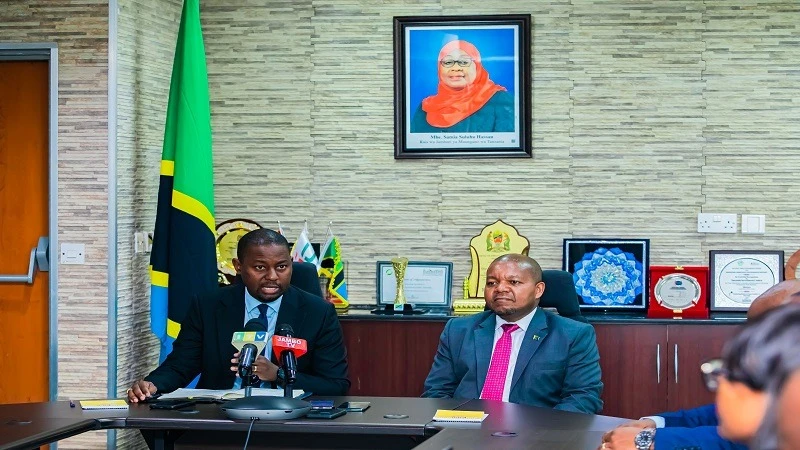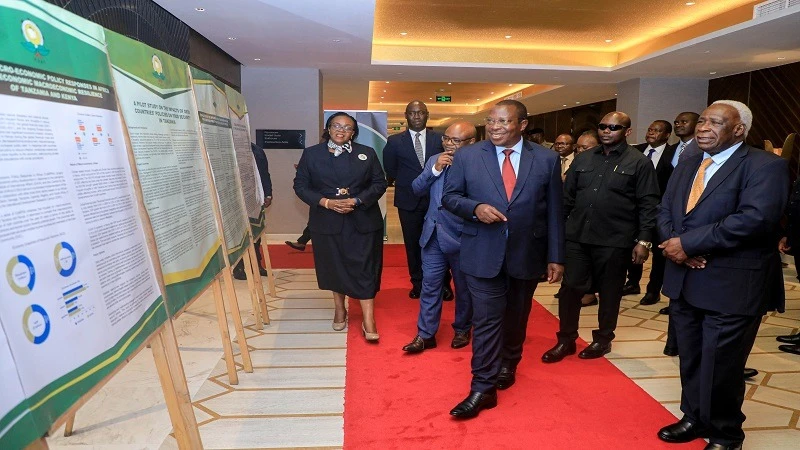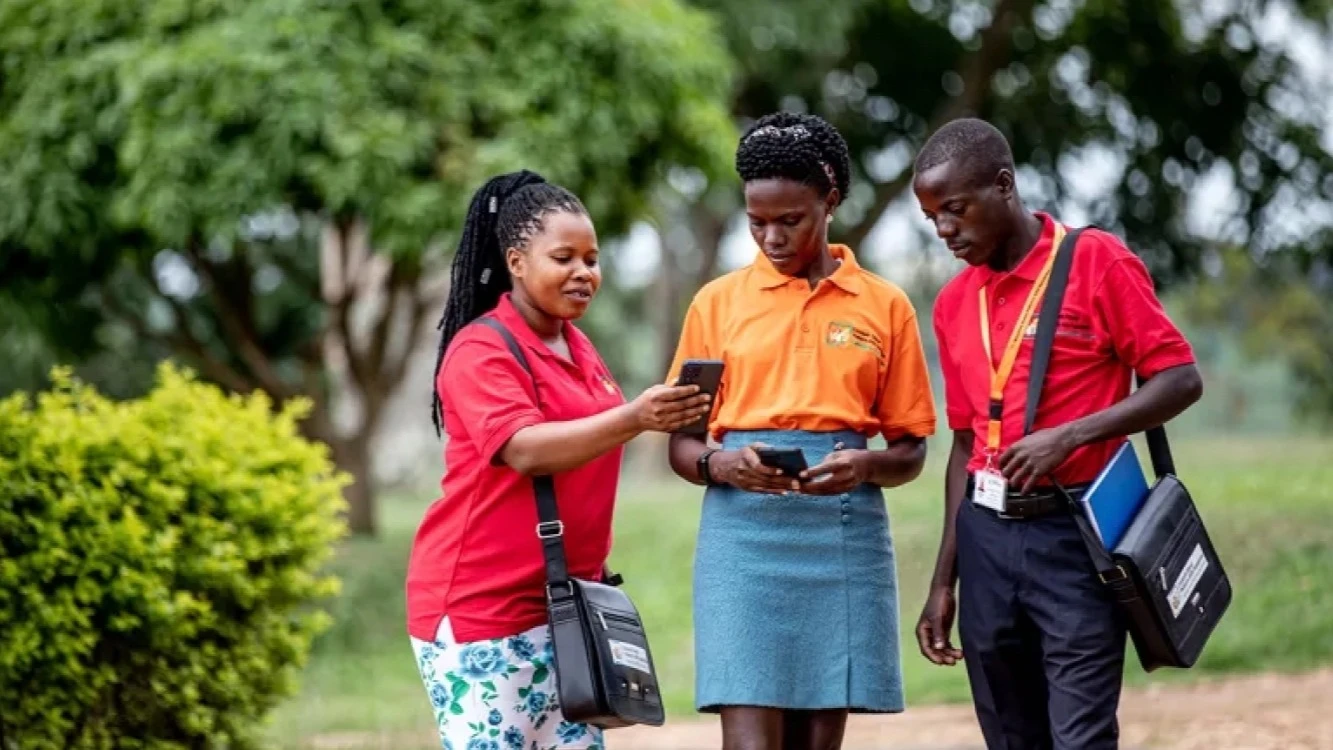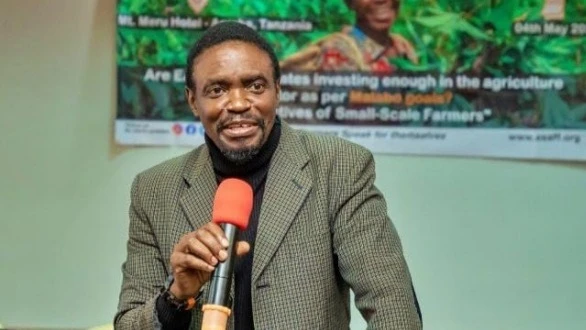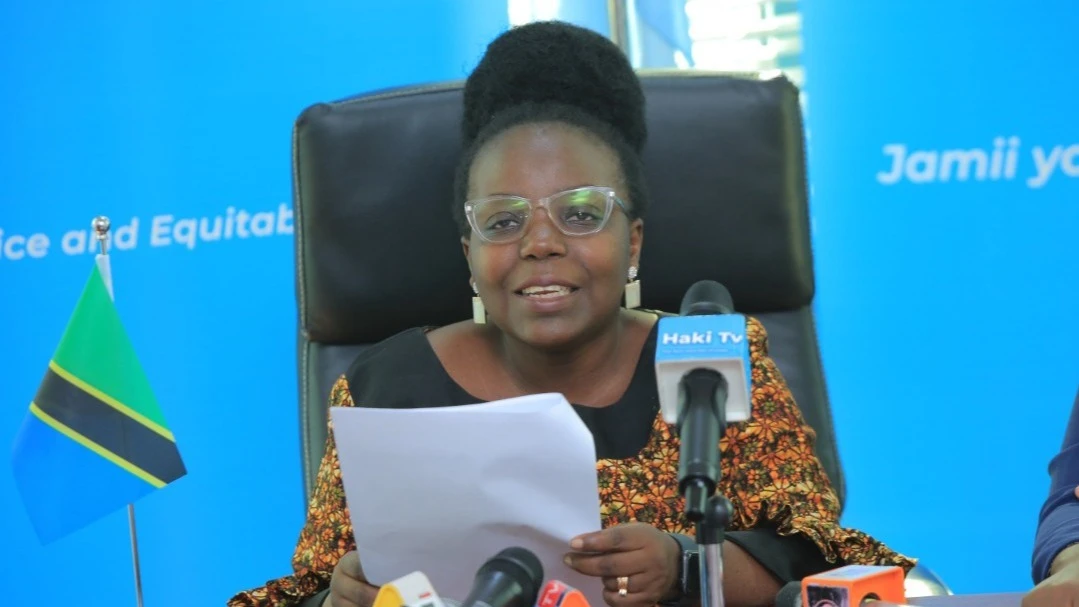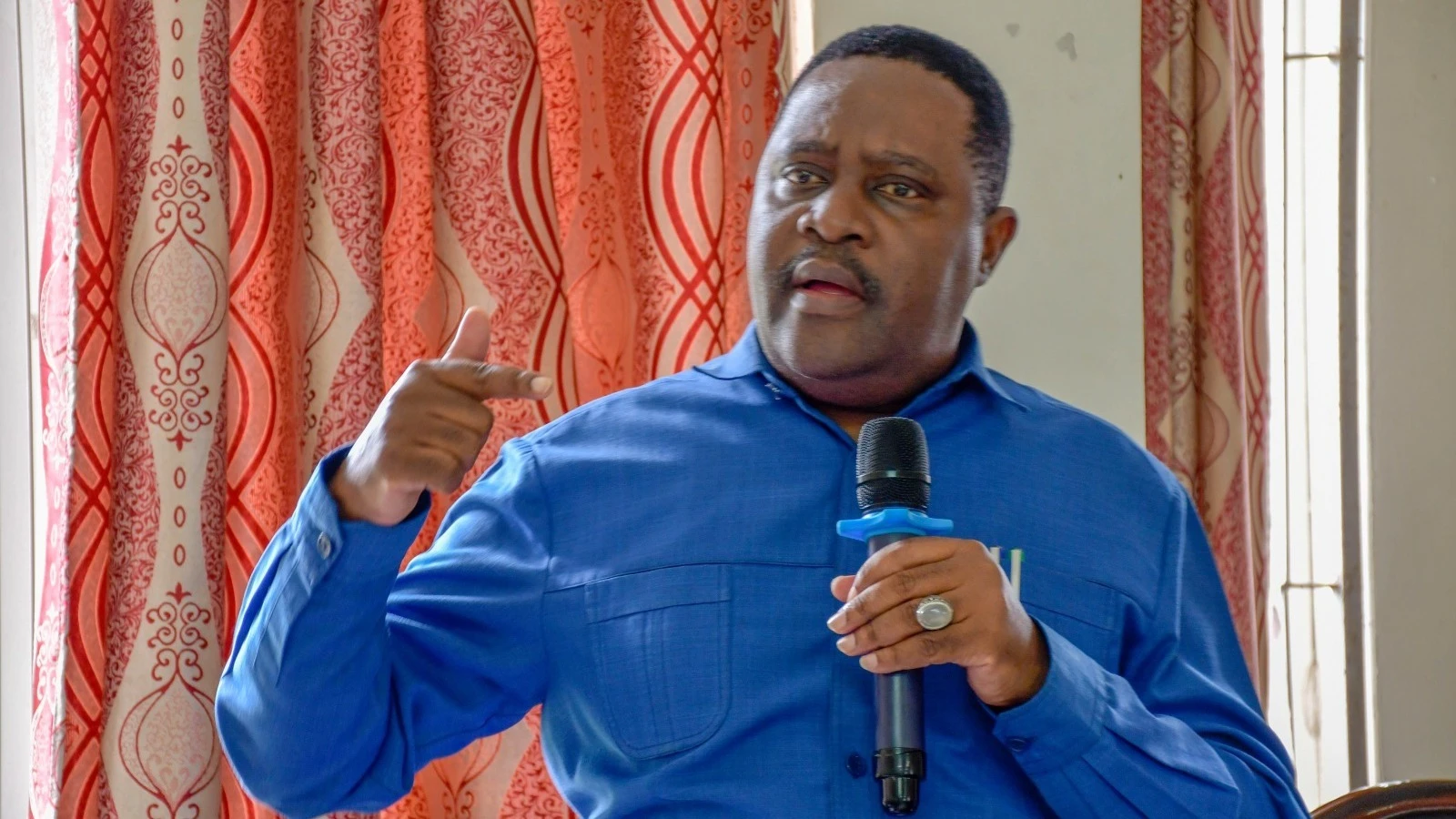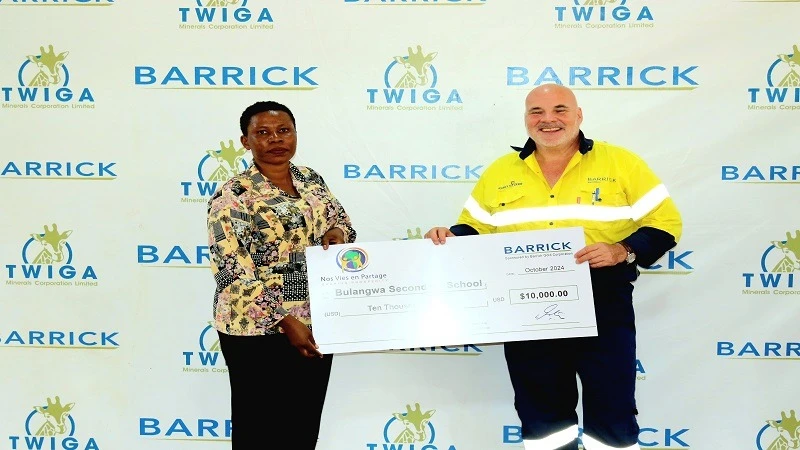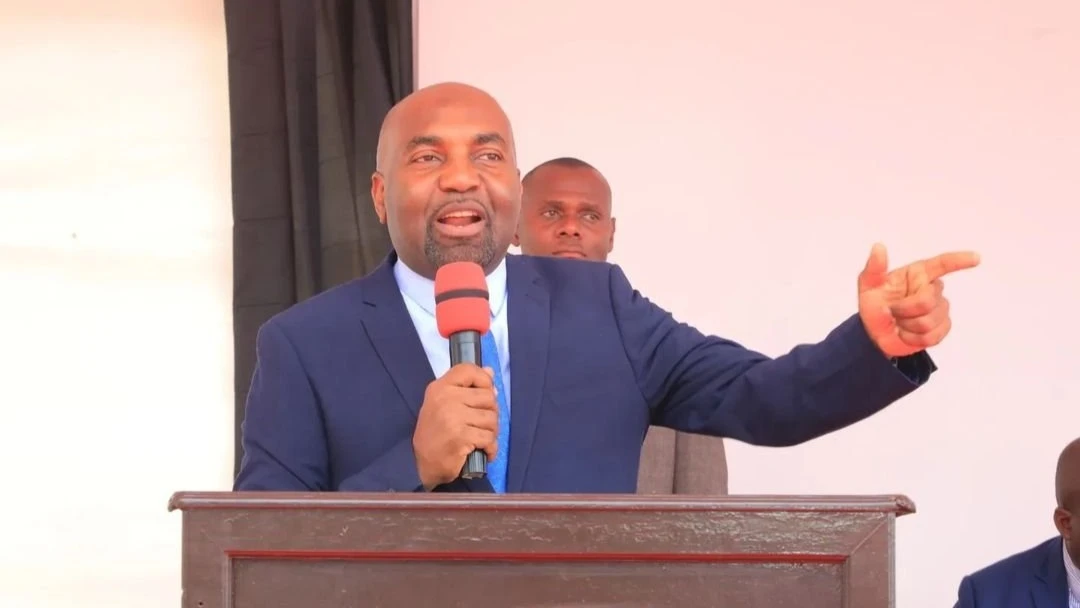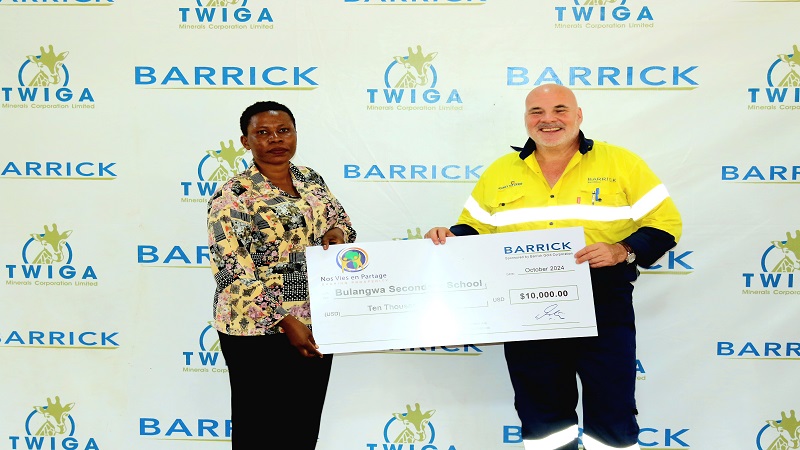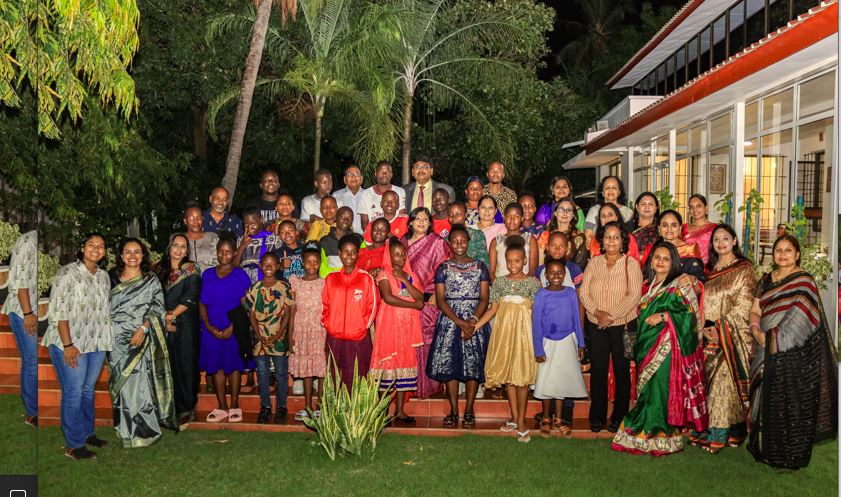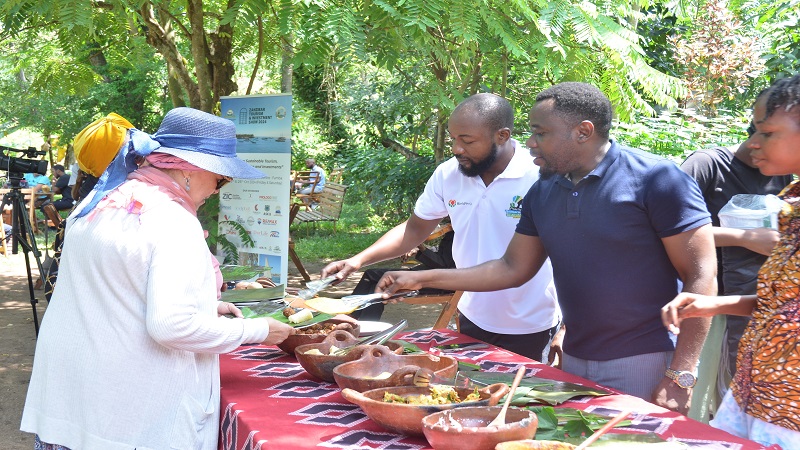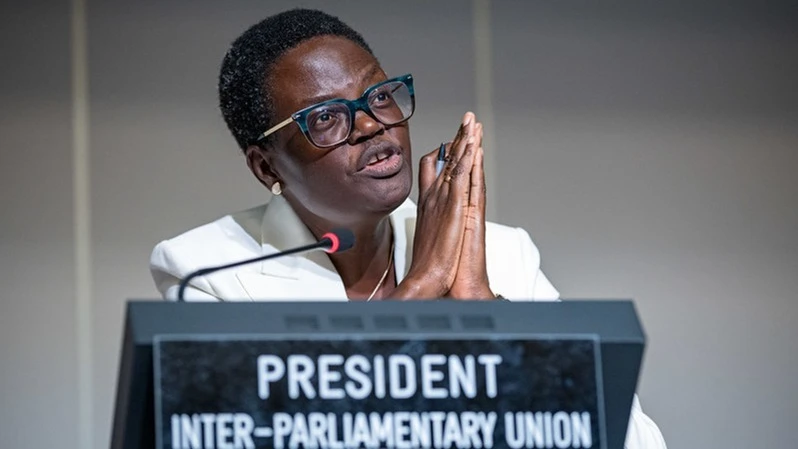AGRA reaffirms commitment to achieving SGDs in Africa
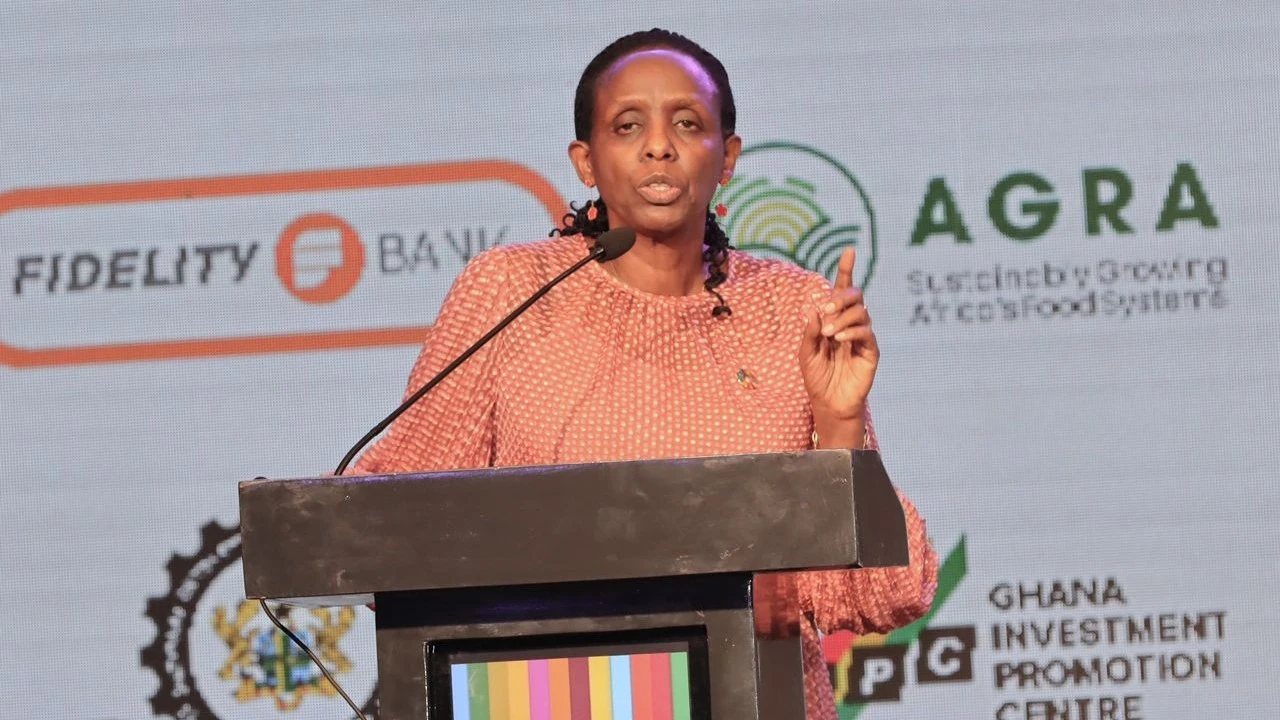
AGRA has renewed its commitment to implementing Sustainable Development Goals and catalyzing bold and collective actions for the continent’s socio-economic transformation.
AGRA made its commitment during the Sustainable Development Goal Action Summit held in Accra, Ghana.
AGRA’s focus on supporting input and output markets, extension services, policy reforms, directly or indirectly through partnerships with both public and private sector ensures farmers get better yields, food security and incomes.
Through its work, AGRA has supported the targets of African governments to double yields, thus aiding in achieving SDG 2 which seeks to end hunger, achieve food security andimproved nutrition and promote sustainable agriculture alongside SDG 1 which calls for eradicating poverty.
Through its policy and state capability work, AGRA provides African governments with enhanced access to high quality and local technical expertise for identifying, analyzing and prioritizing policy and institutional reforms and regulations aimed at addressing fundamental challenges facing smallholder farmers and agribusinesses.
The 2024 SDG Action Summit, themed recommitting, scaling up, and accelerating SDG actions, facilitated idea exchange, shared practical insights, and galvanized quick-win actions.
It also unified African voices, reiterating a joint commitment to expedite SDG progress ahead of the Summit of the Future.
The Summit, hosted by Ghana’s president Nana Akuffo Addo, drew attendance and speakers from Africa and across the globe, representing government, private sector, development partners, CSOs, academia and research institutions, traditional leaders, innovators and change-makers, and the media.
In his opening remarks, Akuffo Addo, who is also Co-Chair of The UN Secretary General’s Emeritus Group of SDGs Advocates remarked that with the current global and climate challenges causing immense suffering and displacement, if we fail to act decisively now, the future generation will inherit a world set by environmental degradation, economic instability and social fragmentation, hence the need for urgent and for decisive innovative actions.
Africa’s development policy and management over the past decade has been greatly influenced by the SDGs and Agenda 2063, which are complementary frameworks aimed at engendering prosperity and advancing the well-being of both people and the planet.
Many African countries have embraced the SDGs and Agenda 2063 and have made significant strides in embedding them within national policy frameworks, while re-organizing institutional structures to deliver on both Agendas.
Implementing SDGs in Africa faces challenges, notably economic constraints. Many African economies rely heavily on primary commodity exports, making them vulnerable to price fluctuations.
Nearly 60 percent of African countries still rely on primary commodity exports, limiting diversification and innovation crucial for SDG implementation
Other challenges include inadequate infrastructure and funding, growing populations (especially in informal settlements with sub-human conditions), and climate change affecting freshwater availability.
In her keynote speech AGRA President Dr Agnes Kalibata noted that “Africa has only achieved 4 percent of the Vision 2030 SDGs target. At AGRA, we believe that Africa’s biggest opportunity lies in the agricultural sector. Transforming Africa’s food systems is fundamental to achieving the SDGs and enhancing agricultural productivity is key to lifting millions out of poverty”.
Dr Kalibata said this requires leadership that is ready to drive innovations that boost productivity, ensure food security, and create sustainable livelihoods for farmers.
“With 70 percent of our population being young and growing, investing in sectors like agriculture, which offer significant opportunities to the youth, is essential for substantial economic benefits. To do this, we need all of us to engage. AGRA is committed to continuing its role in transforming Africa’s food systems and developing solutions for smallholder farmers.”
AGRA Ghana Country Director Dr Betty Annan in her intervention highlighted “Traditionally and at the national level, we are not consultative enough. That’s why we [AGRA] intentionally lead inclusive decision-making and give the youth the voice to participate in our transformative work in the agricultural space”.
She added “We can turn around things by scaling up successful initiatives, investing in innovative technologies, being intentional in mentoring the youth, giving them an enabling environment to thrive and developing targeted incentives.”
Top Headlines
© 2024 IPPMEDIA.COM. ALL RIGHTS RESERVED











